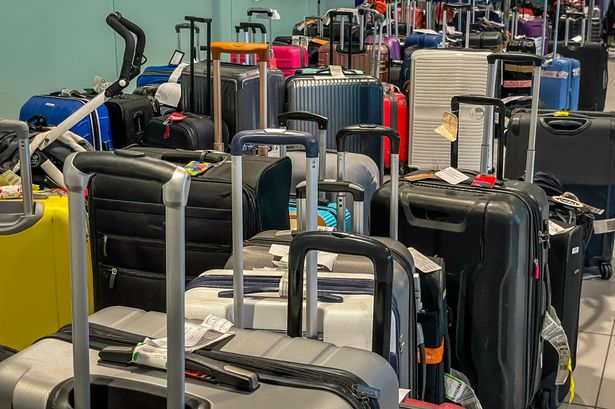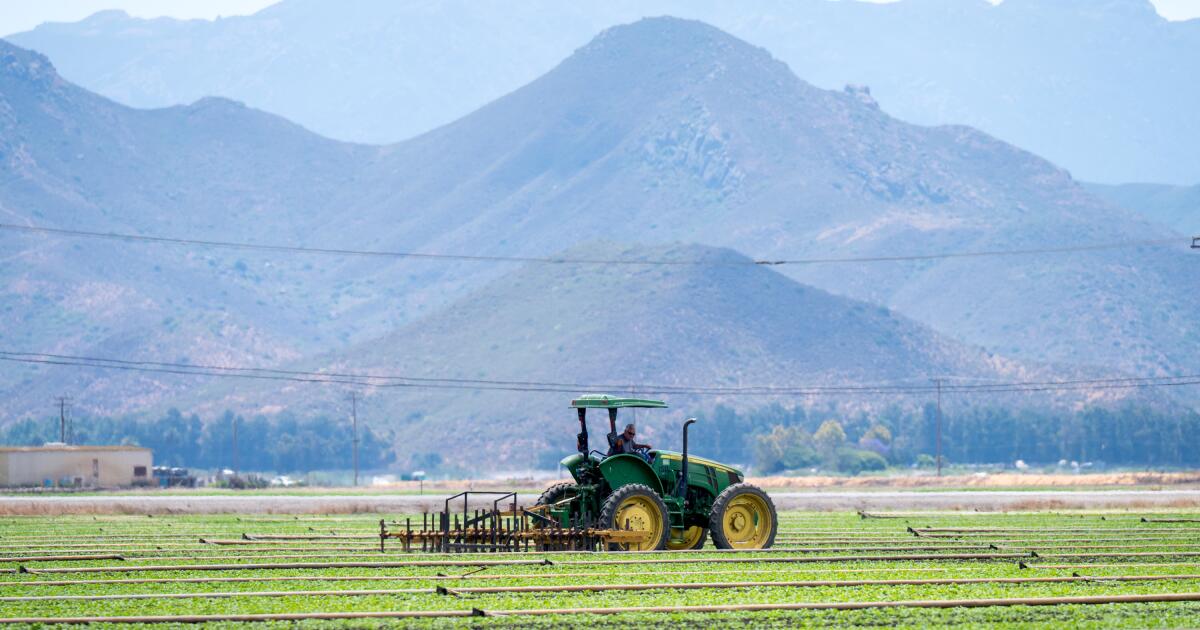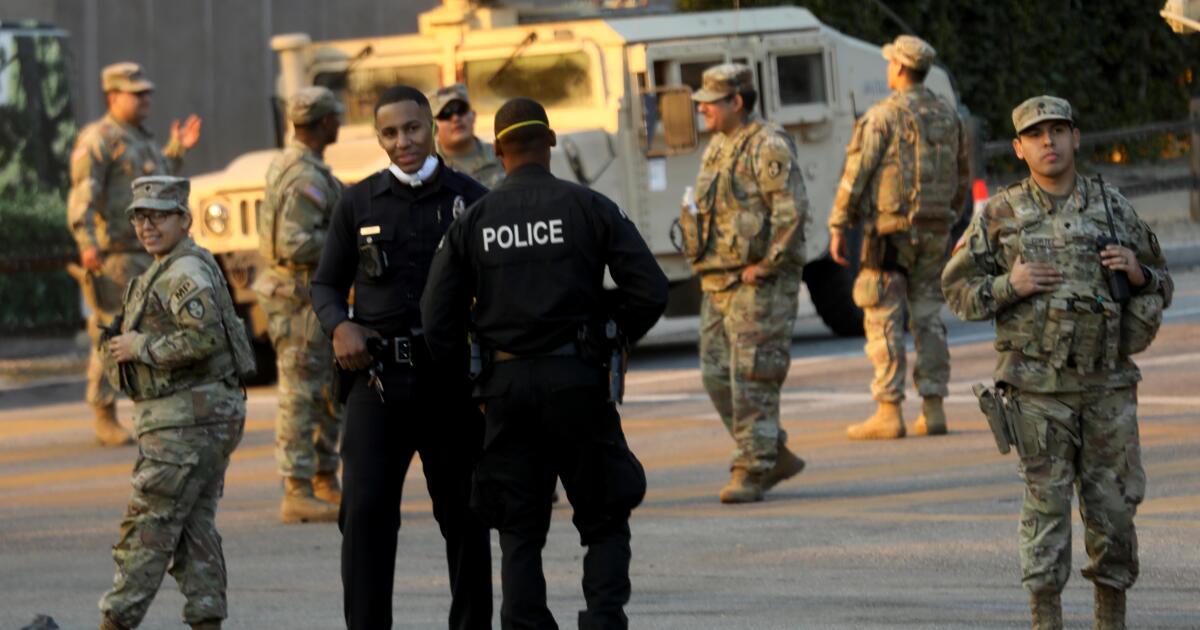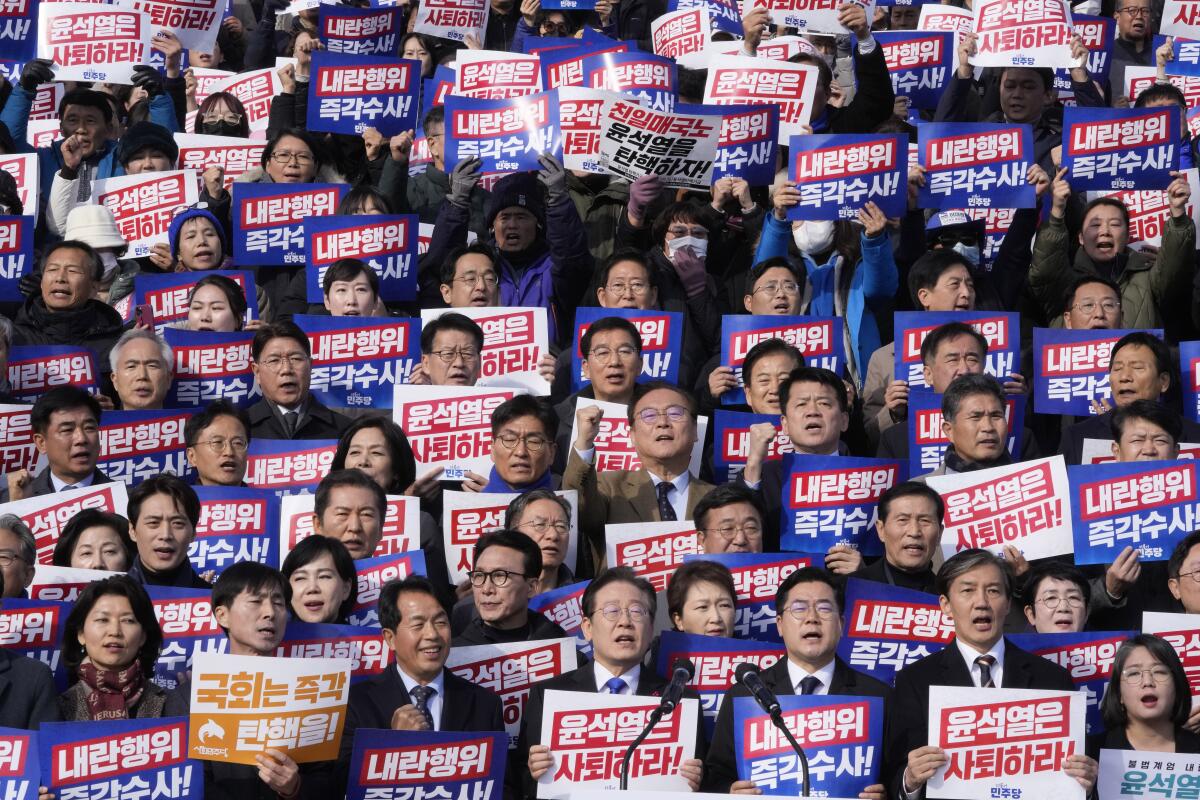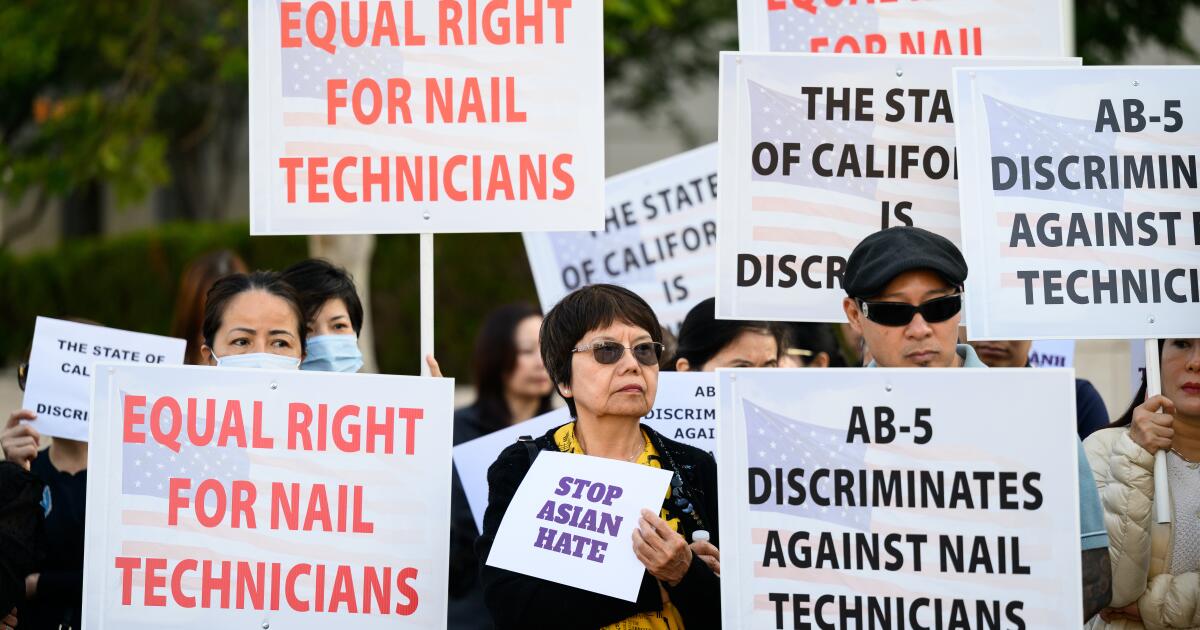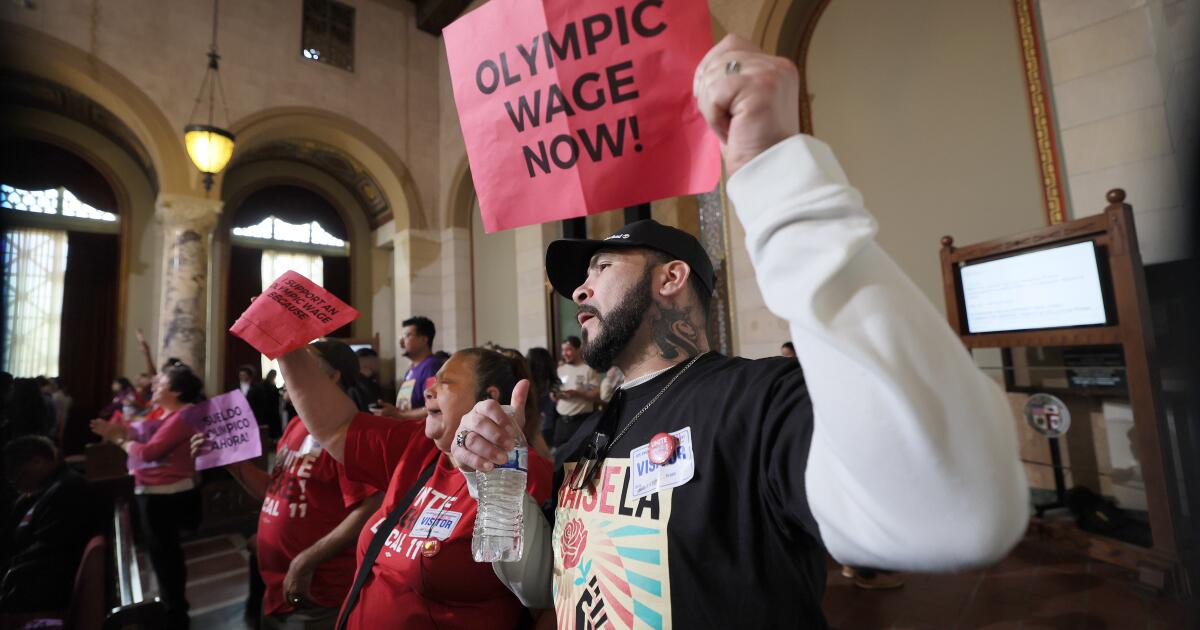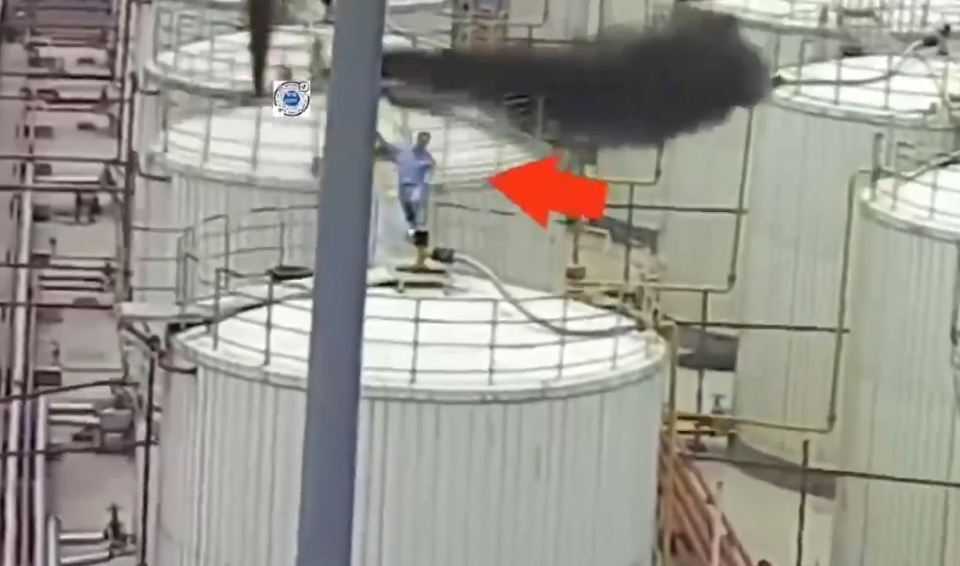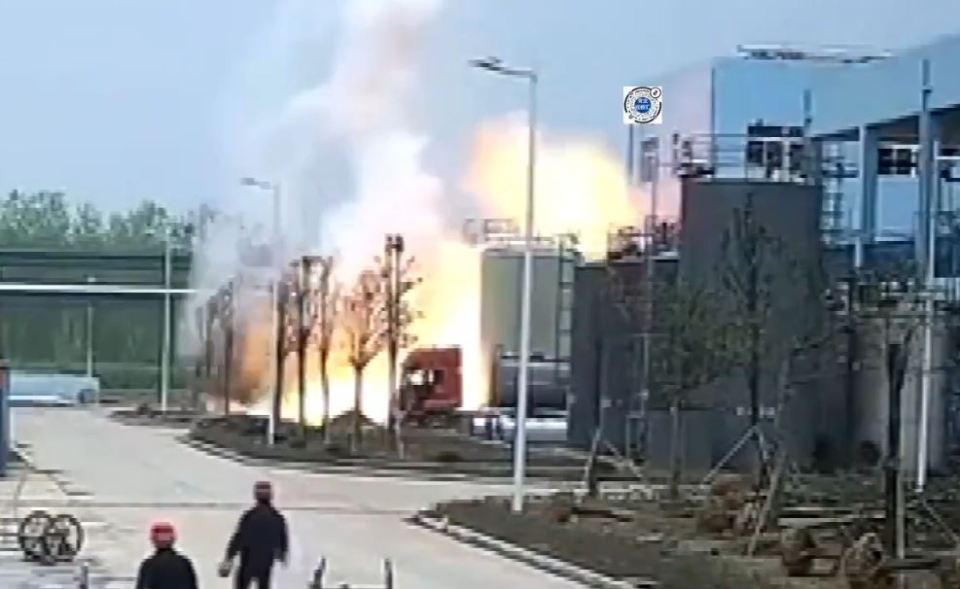An airport worker has said you shouldn’t put anything on your bag to identify it – and there’s also one food item you should never take with you while travelling
A baggage handler has spilled the beans on why holidaymakers should think twice about using ribbons as suitcase identifiers. Many travellers attach some sort of marker to their luggage to swiftly spot it at the baggage reclaim, but an airport worker has highlighted why this common practice could actually be counterproductive – and might even risk suitcases not making their flights at all.
The worker warned: “Ribbons people tie onto their suitcases to help identify them can cause issues with the bag being scanned in the baggage hall. If the bag can’t be scanned automatically it can end up in manual processing, which could mean your bag doesn’t make it to the flight. Take old stickers off the bag, it can cause confusion with the scanning process.”
READ MORE: Pet owners rush to claim free flea treatment as UK heatwave sees pests rise
Further to that, the insider advised against packing marzipan, as it shares a similar density with explosives and could lead to matched luggage and owners being removed from their flights.
It comes as the Department for Transport is yet to axe the 100mL liquid limit, despite the fact that advanced CT scanners have been installed in a number of UK airports. In addition to the strict regulations around liquids – which also include gels and aerosols – there are restrictions on a number of substances and electronic devices that passengers can carry into the cabin.
The UK government website outlines a full range of items that are prohibited from hand luggage and hold luggage. Here is a full breakdown of every item passengers may be asked to remove from their bags at security in UK airports.
Liquids
How much liquid you can carry in your hand luggage and how it should be handled depends on your departure airport. That said, the UK government website states: “Airport security staff will not let anything through that they consider dangerous – even if it’s normally allowed in hand luggage.”
At most airports, you cannot take liquids in containers larger than 100ml through security. This still applies if the container is only part full.
Liquids include the following:
- all drinks, including water
- liquid or semi-liquid foods, for example soup, jam, honey and syrups
- cosmetics and toiletries, including creams, lotions, oils, perfumes, mascara and lip gloss
- sprays, including shaving foam, hairspray and spray deodorants
- pastes, including toothpaste
- gels, including hair and shower gel
- contact lens solution
- any other solutions and items of similar consistency
You cannot carry frozen liquids in your hand luggage – this includes frozen breast milk. Additionally you can only carry formula milk/cow’s milk, sterilised water for babies, soya milk for babies and baby food in your hand luggage if the baby is present.
Personal items
You should contact your airline in advance if you plan to travel with a large musical instrument. You may need to make special arrangements like buying an extra seat.
Mobility aids are permissible but will need to be security screened first. Other personal items like corkscrews, knives (with a sharp or pointed blade and/or blade longer than 6cm), large scissors (with blades longer than 6cm), non-safety matches, fireworks, flares and other pyrotechnics, including party poppers and toy caps and cigarette lights are not permitted in hand luggage.
Medicines, medical equipment and dietary requirements
Travellers are allowed to carry essential medicines of more than 100ml, including liquid dietary foodstuffs and inhalers in their hand luggage. As well as medical equipment, if it’s essential for your journey
However, you may need to carry proof that the medication is prescribed to you (for example a letter from your doctor or a copy of your prescription) if it’s in liquid form and in a container larger than 100ml.
If you are taking medicine out of the UK, ask your doctor or pharmacist whether your medicine contains a controlled drug. If it does, check the rules for the country you’re going to with the embassy before you travel. Again, you will need to prove it’s yours with either a prescription or letter from your doctor.
Airport staff might also need to open the containers to screen the liquids at the security point.
Electronic devices and electrical items
You can only take certain electronic devices and electrical items on flights to the UK. Some airlines might also have different restrictions so you should check with your airline before you travel to understand what is permissible in your hand luggage.
Make sure your electronic devices are charged before you travel. If your device does not switch on when requested, you will not be allowed to take it onto the aircraft.
Sports equipment
Heavy bats and sticks (including baseball, softball and cricket bats), golf clubs, darts, walking/hiking poles, catapult, firearms (including replica firearms), harpoons or spear guns, crossbows, and martial arts equipment (including knuckledusters, clubs, coshes, rice flails and nunchuks) are not permitted in hand luggage.
Work tools
All the following tools are not permitted in hand luggage:
- Tool with a blade or shaft longer than 6cm (for example chisel)
- Drill and drill bits
- Stanley knife
- Saw (including portable power saw)
- Screwdriver
- Hammer
- Pliers
- Wrench or spanner
- Bolt gun or nail gun
- Crowbar
- Blowtorch
Chemicals and toxic substances
You cannot take any of these items as hand luggage or in the hold:
- oxidisers and organic peroxides, including bleach and car body repair kits
- acids and alkalis (for example spillable ‘wet’ batteries)
- corrosives or bleaching agents (including mercury and chlorine)
- vehicle batteries and fuel systems
- self defence or disabling sprays (for example mace, pepper spray)
- radioactive materials (including medicinal or commercial isotopes)
- poisons or toxic substances (for example rat poison)
- biological hazards (for example infected blood, bacteria, viruses)
- materials that could spontaneously combust (burst into flames)
- fire extinguishers
Ammunition
You cannot take any guns or firearms (including air rifles and starting pistols) as hand luggage. You may be able to take them as hold luggage – check with your airline before you travel.
You cannot take any of these items as hand luggage or in the hold:
- blasting caps
- detonators and fuses
- imitation explosive devices (including replica or model guns)
- mines, grenades, and other explosive military stores
- fireworks and pyrotechnics
- smoke canisters
- smoke cartridges
- dynamite
- gunpowder
- plastic explosives (including black powder and percussion caps)
- flares
- hand grenades
- gun cigarette lighters
